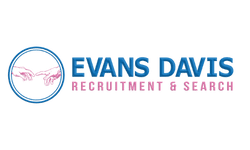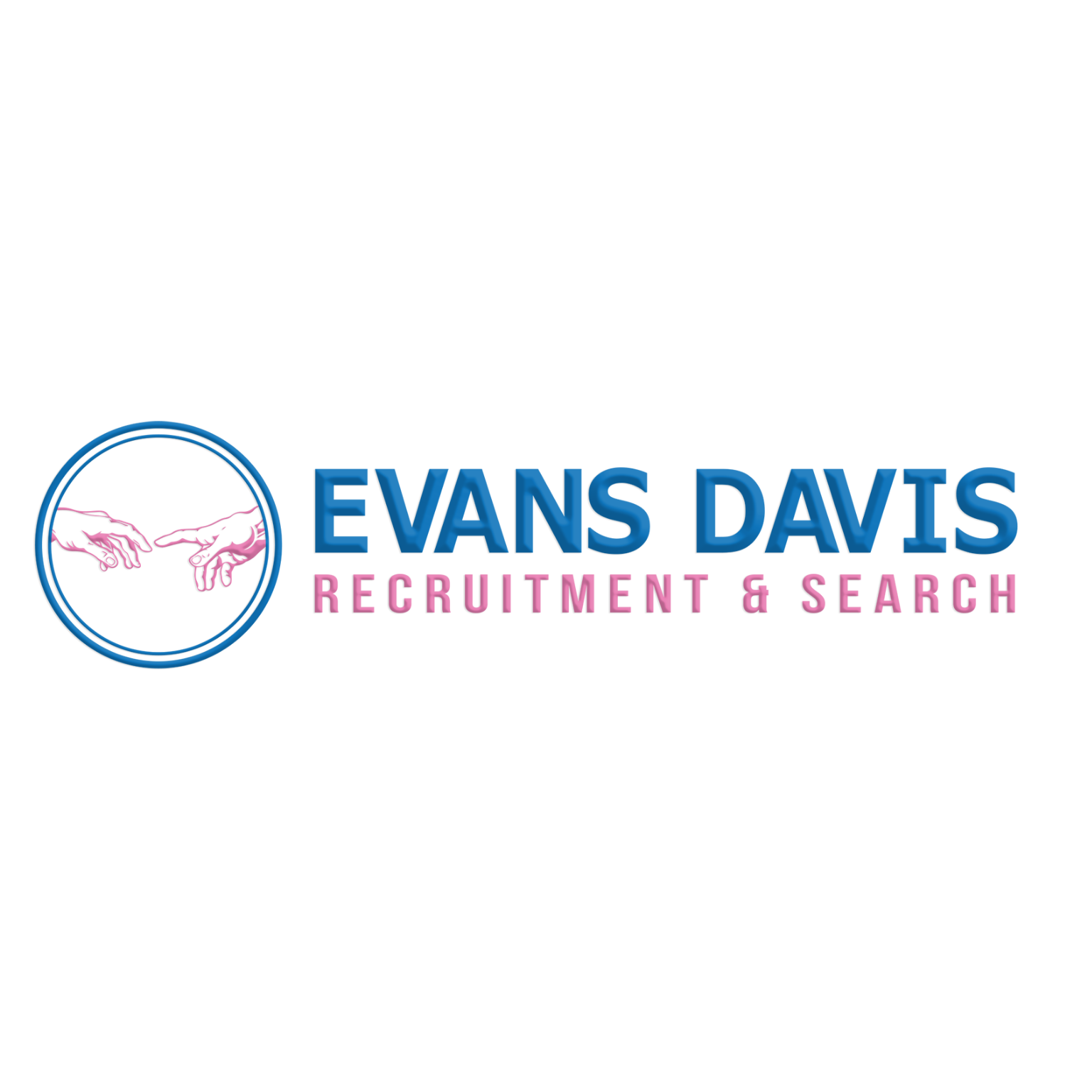The most important outcome in the first 3 years of your career in accounting is completing your CA or CPA.
If that is all that happens, you are putting yourself in a decent position to have a successful start to your career.
The decisions you make at the start of your career will impact the types of roles available to you as you progress.
When starting in accounting, the available options seem overwhelming, making deciding what type of roles to go for challenging. With that in mind, we thought it worthwhile breaking down the different types of roles available when entering the workforce.

The Professional Services or Commerce
Professional Services
Professional services can loosely be defined as a role in which you are providing business consulting services to businesses.
This is not just limited to accounting; however, we will determine the advice to service lines in which the Partner is likely to be a qualified accountant.
These include:
- Business Services and Tax;
- Corporate Tax Advisory;
- Audit;
- Insolvency;
- Other Service Lines.
Business Services and Tax
People working in business services are predominantly responsible for completing tax compliance work for individuals, partnerships, companies and trusts.
The majority of firms will have a core client base of businesses with revenue between 2-15M.
The revenue of the businesses you work on is important.
About 30-40% of accountants in business services will also complete work for Self Managed Super Funds (SMSF).
Business Services is the largest service line.
Benefits:
- Working in business services will give you a well-rounded understanding of accounting, and you will get experience with a broad range of industries;
- Most of the CA is relevant to your day-to-day job;
- People working in business services are in the highest demand;
- If you decide to move to commerce in the future, your experience will be most relevant to most businesses.
Cost:
- Working in business services may make it harder to get into a technical, financial reporting role in the future, making it more challenging to become a CFO.
Careers in Commerce:
- People coming from business services are generally more well-rounded accountants than those working in other service lines;
- People typically move into a commercial analyst or management accounting position. Depending on your tax knowledge, you may be able to get a role in tax.
Buyer beware:
- Some firms work exclusively on high-net-worth individuals. If you have aspirations of moving to commerce in the future, this experience is unlikely to be very relevant;
Corporate Tax Advisory
The main difference between corporate tax advisory and business services is that people working in corporate tax only work on companies and very large trusts.
People in corporate tax can come from either an accounting or law background.
Some people move from business services into corporate tax advisory.
Benefits:
- Working in corporate tax is going to give you like for like experience should you want to move to commerce in the future;
- Similar to business services, as you progress, you will gain more and more experience providing advice to clients;
- Tax is a CA unit;
- There is a significant crossover with the law.
Cost:
- Corporate tax is a specialist area. People from business services frequently move to corporate tax, but the reverse is rarely true;
Careers in Commerce:
- The most obvious move will be to move into a corporate tax position;
- Similar to business services, people from corporate tax often move to commercial analyst roles.
Buyer beware: Corporate tax is more specialised than business services.
Audit
Audit reviews sets of financial statements and the associated controls to ensure that the numbers reported in the financial statements are accurate.
I think there are two types of auditors: those who work on listed and large non-listed companies and those who work on clubs and Not For Profits.
If you are in the former, working in audit is very beneficial IF you want to work in a technical accounting role in commerce in the future.
Working in the latter is unlikely to help with a move to commerce any more than working in another service line.
Benefits:
- Audit gives you an excellent grounding in financial reporting;
- Auditors are always in demand for professional services;
- Moving from Big 4 audit to commerce happens frequently.
Cost:
- Auditors work very long hours;
- There are significantly fewer audit firms than business services;
Careers in Commerce:
- People from audit frequently move into a financial reporting role with either a client or a related industry to their clients;
- A significant proportion of CFOs at ASX’s top 100 organisations have a Big 4 audit background.
Buyer beware:
- People move from audit to commerce frequently; however, it is still very competitive, and you can be limited to businesses of a similar size and industry to those you audited.
Insolvency
When a business enters into administration, the liquidator (insolvency partner) takes on the responsibility for either continuing to trade the business or winding up (liquidating the business’s assets).
Most of the work you will do in insolvency will involve investigations into the affairs of a company, writing detailed reports into how the business ended up in a position where it is, who / what is responsible and whether it is salvageable.
When a liquidator decides to trade on a business for the benefit of creditors, they effectively run the business, so you will get some experience with running the finances of a business.
Benefits:
- You gain excellent report writing skills;
- You develop a good understanding of how businesses fail;
- The work can vary, from managing a business’s day-to-day operations to counting tyres in a warehouse.
Cost:
- You are often dealing with people who are under a lot of stress, be it people who are owed money or the directors of companies that are being wound up;
- Moving from insolvency to commerce can be challenging;
- Insolvency is a small labour market, and the experience is very specialised.
Careers in Commerce:
- Compared to other service lines, there aren’t many direct like-for-like roles in commerce;
- The most likely move will be into fraud or commercial analyst position.
Buyer beware:
- Insolvency can be a tough racket, and it is not for everyone.
Other Service Lines
The other main service lines include:
- Forensics;
- Risk;
- Internal Audit;
- Corporate Finance;
- R&D Tax;
- Transfer Pricing;
- Global Mobility Services;
We decided not to go into more detail on either of the above service lines, either because they are very specialised or despite having routes in accounting that have diverged in part, if not entirely.
Commerce
Because we are focusing on the start of your career, the only positions worth considering in commerce when you have no experience are:
- Graduate Rotation Programs;
Most large corporates have graduate rotation programs for accounting and finance.
People in these programs typically do 6-12 month rotations through different finance teams over 2-3 years before being offered a role in one of the teams.
Benefits:
- You get to experience multiple different disciplines across finance in one business;
- Because you move around different departments, you will have the opportunity to develop a deep understanding of the business and the industry;
- The experience you will get will be very commercially focused, which a lot of people find interesting;
- People who have come through graduate programs tend to be in high demand.
Cost:
- Moving from professional services to commerce is relatively easy. Moving from commerce to professional services is not;
- Your experience is limited to one industry, which can make it hard to change industries in the future;
- Technical accounting knowledge is unlikely to be as strong as someone who completed the CA in an accounting firm.
Careers in Commerce:
- People who come through graduate programs tend to end up in commercial manager or project roles;
- They are highly regarded within the industry.
Buyer beware:
- Companies with graduate programs tend to be large corporations, so that you can get lost in the mix.
Just a final note on entry-level commerce roles, avoid transactional positions like:
- Assistant Accountant;
- Accounts Payable;
- Accounts Receivable;
- Payroll.
You will get sufficient experience doing this working in an accounting firm and along with everything else discussed above.
Summary
Working in professional services at the start of your career will likely give you a deeper understanding of technical accounting issues.
The CA or CPA subject matter will be very relevant to your day-to-day job, and there are usually several people in an accounting firm completing the same unit simultaneously.
You are likely to earn less money in an accounting firm in the first 5 years than you would in commerce. However, I would argue it is easier to earn 200K in an accounting firm than in commerce.
Deciding which service line you want to work in is an important decision, so it is worth taking some time to consider.
Business Services will keep the most doors open, audit, tax and insolvency.
Commerce graduate programs can be excellent experiences if you have a passion for an industry or a business; they are worth pursuing.

